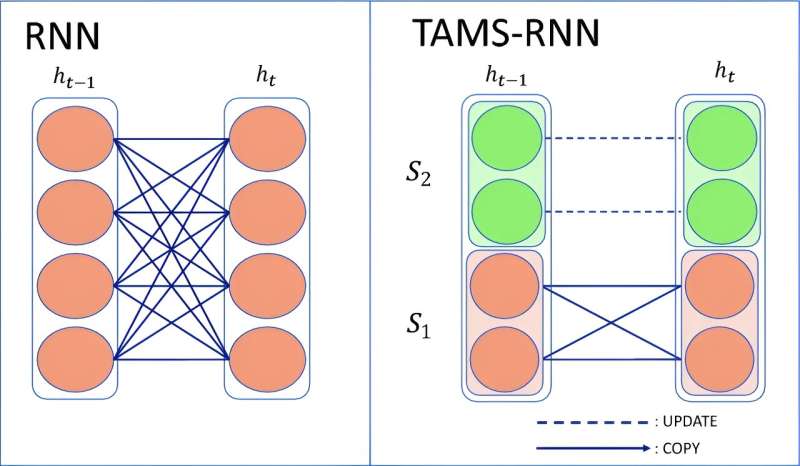This article has been reviewed according to Science X's editorial process and policies. Editors have highlighted the following attributes while ensuring the content's credibility:
fact-checked
trusted source
proofread
Social media leaves clues to mental health

Researchers are working on a way to better support people living with mental health concerns by analyzing their social media posts.
Usman Naseem is a lecturer in data science at James Cook University who led a study applying a new technique designed to find early warnings of mental health distress in online posts.
Dr. Naseem said mental health conditions had emerged as a pressing global concern, with more than one in 100 deaths attributed to suicide.
"The COVID-19 pandemic has made this worse, leading to a notable increase in conditions such as depression and anxiety, which now affect more than one billion people worldwide."
"This results in a substantial burden on health care systems and society and means there's an urgent need for easier and innovative approaches to addressing mental health concerns," said Dr. Naseem.
He said user-generated text, on social media platforms in particular, has gained prominence as a valuable tool.
"Social media users tend to express themselves openly and candidly, making it a rich data source for researchers. By distinguishing changes in sentiment, identifying specific language markers, and detecting behavioral anomalies, researchers can spot potential risk factors for mental health conditions," said Dr. Naseem.
He said the team had refined the technique by considering historical posts, their timing, and the interval between them.
"Accurately assessing the state of a user's mind requires understanding the history of the user's mental health condition. We comprehensively considered historical posts and the diverse time intervals between them to gather more accurate and nuanced assessments of a person's mental well-being," said Dr. Naseem.
He said the new technique effectively captured the context of users' historical posts and irregularities in the time they posted.
"Our results demonstrate the new method surpasses current state-of-the-art approaches in the area of mental health surveillance on social media."
"We think it will provide valuable insights for mental health professionals and researchers in monitoring and supporting needy individuals."
"Ideally, we hope this information will become an efficient and effective way for clinicians to provide early intervention and support," said Dr. Naseem.
The paper is published in the journal Social Network Analysis and Mining.
More information: Usman Naseem et al, Incorporating historical information by disentangling hidden representations for mental health surveillance on social media, Social Network Analysis and Mining (2023). DOI: 10.1007/s13278-023-01167-9


















